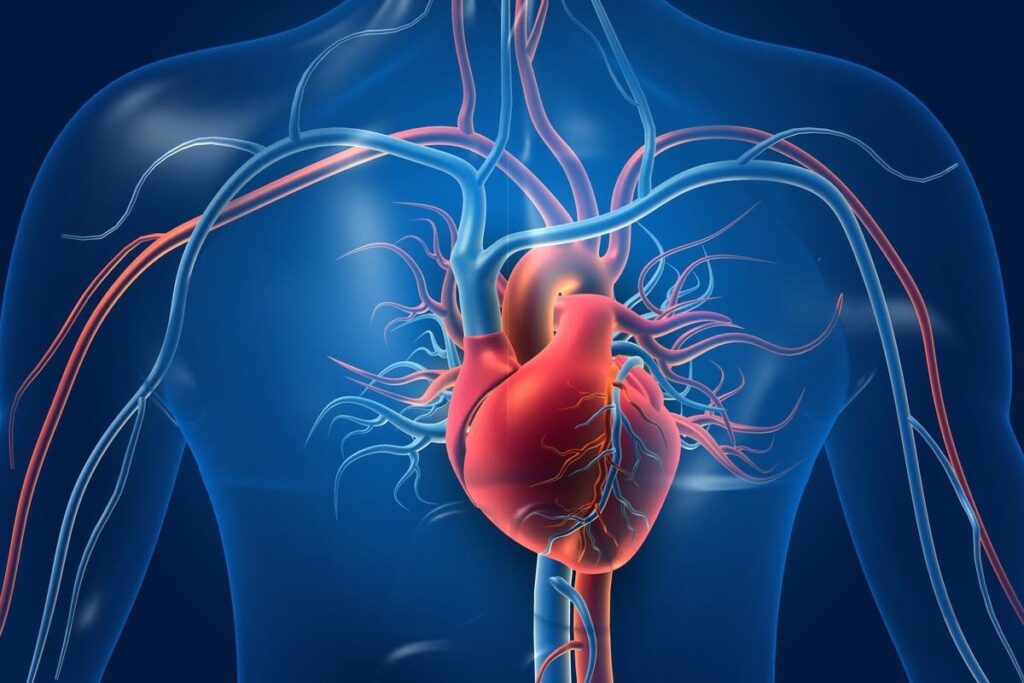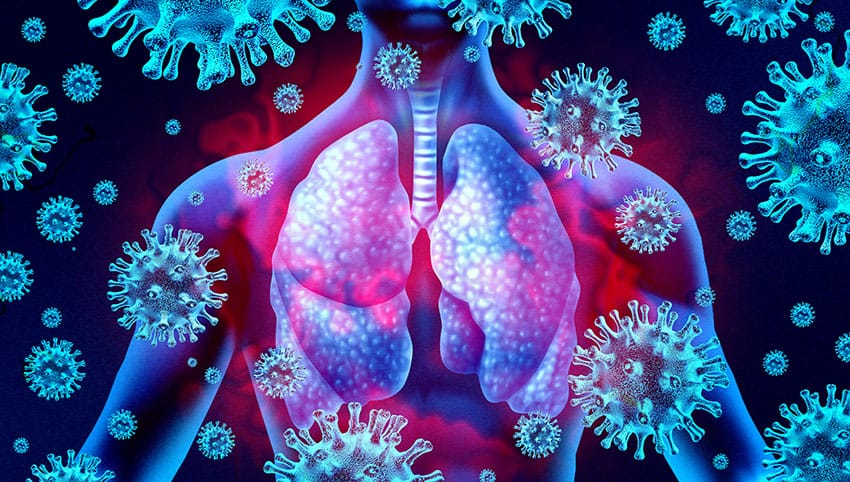Diseases are medical conditions characterized by abnormal functioning of the body or its parts, leading to a disturbance in normal physiological processes. There are numerous diseases that affect different organ systems and have varying causes, symptoms, and treatment options. Here are some common types of diseases:

- Infectious Diseases: These are caused by pathogens such as bacteria, viruses, fungi, or parasites. Examples include influenza, tuberculosis, malaria, and HIV/AIDS.
- Cardiovascular Diseases: These affect the heart and blood vessels, leading to conditions like coronary artery disease, heart attacks, stroke, and high blood pressure.
- Respiratory Diseases: These impact the lungs and respiratory system. Conditions like asthma, chronic obstructive pulmonary disease (COPD), pneumonia, and lung cancer fall under this category.
- Gastrointestinal Diseases: These affect the digestive system, including the stomach, intestines, liver, and pancreas. Examples include gastritis, ulcerative colitis, Crohn’s disease, and hepatitis.
- Neurological Diseases: These impact the nervous system, including the brain, spinal cord, and nerves. Conditions like Alzheimer’s disease, Parkinson’s disease, multiple sclerosis (MS), and epilepsy fall under this category.
- Autoimmune Diseases: These occur when the immune system mistakenly attacks healthy cells and tissues. Conditions such as rheumatoid arthritis, lupus, psoriasis, and type 1 diabetes are considered autoimmune diseases.
- Cancer: Cancer refers to the uncontrolled growth of abnormal cells that can invade and destroy surrounding tissues. There are various types of cancer, including breast cancer, lung cancer, prostate cancer, and leukemia.
- Genetic Diseases: These are caused by abnormalities in an individual’s genetic makeup. Examples include Down syndrome, cystic fibrosis, Huntington’s disease, and sickle cell anemia.
- Mental Health Disorders: These affect a person’s emotional well-being, thoughts, and behavior. Conditions like depression, anxiety disorders, bipolar disorder, and schizophrenia fall under this category.
- Metabolic Diseases: These involve abnormalities in metabolism and can affect various organs and bodily functions. Examples include diabetes, obesity, metabolic syndrome, and thyroid disorders.

It’s important to note that this list is not exhaustive, and there are many other diseases and conditions that exist. Each disease has its own specific characteristics, causes, symptoms, and treatment options, so it’s essential to seek professional medical advice for accurate diagnosis and appropriate management.
